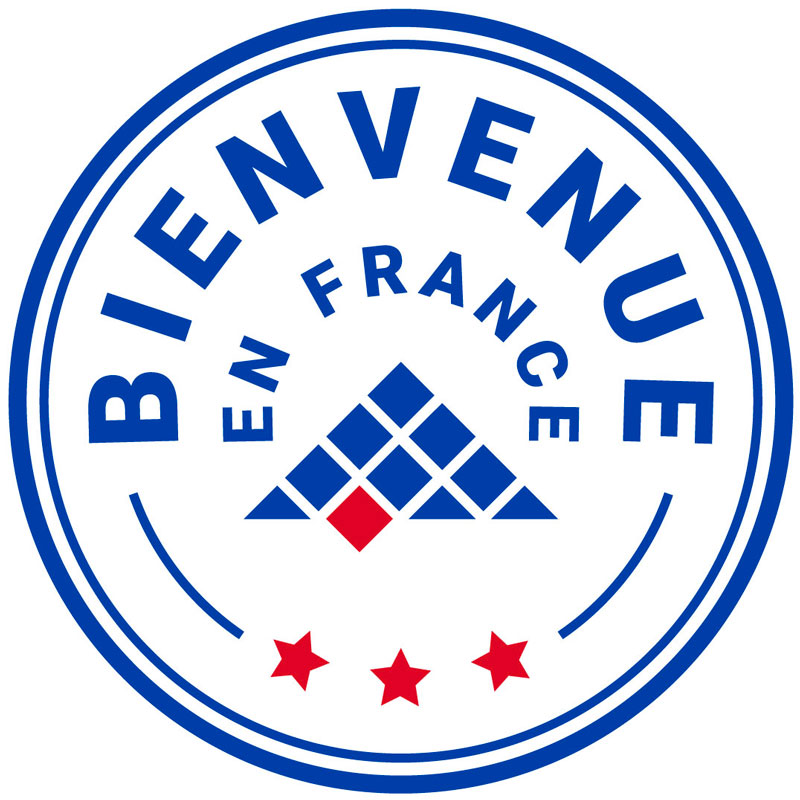This programme is taught in French.
field(s) of training :
Science, Technology, Health
diploma level :
Master's degree (five-year degree)
duration of the program :
2 years
location(s) :
Caen (Campus 2)
Course overview
How can the impact of industrial activities on environment be measured? What regulations can be implemented within companies to control their emissions? These questions are at the core of the master’s degree in Industrial Environmental Monitoring!
You attended a First Year in a master’s in Physics or Chemistry? You wish to specialise in a scientific training dedicated to the interaction between environment and industry? The master’s degree in Industrial Environmental Monitoring is a one-year programme focusing on the sanitary, legal and socio-economical aspects of pollution management. Moreover, this master’s emphasises on hygiene & security, quality insurance and communication.
This theoretical knowledge will go along practical skills, such as implementing and exploiting modern tools of measuring, physics and chemistry controls and emission or waste analysis within or outside private or public facilities.
Welcoming international students
Since 2019, the University of Caen Normandy has been awarded the "Bienvenue en France" label by Campus France, highlighting the quality of the university's welcome for international students.
Application requirements
Entry requirements
To enter this master’s, you should
- Possess knowledge and skills in Chemistry and Physics
- Graduate from a first year in a master’s in Chemistry or Physics
Language proficiency requirements
Minimum French proficiency required: C1
Minimum English proficiency required: B2
Apply and register
The registration process takes place in 3 steps:
Application process
Admission and registration requirements may vary depending on your nationality, country of residence, foreign secondary school leaving certificate, and the nature of your programme of study. Discover how to apply to the University of Caen Normandy.
Course structure
Courses
- Take place on site in the Faculty of Sciences, located on Campus 2 (Caen)
- Amount to
- 431 hours for the work-study programme
- 359 hours for full-time programme (all taking place in the 1st semester, the 2nd semester being dedicated to the end-of-studies internship)
- Are completed by
- An apprenticeship for the work-study programme
- A compulsory internship for the full-time programme
Course units
The master’s degree In Industrial Environmental Monitoring contains fundamentals course units, both scientific and technical:
- Waste identification, emission, hazard
- Physics and chemistry analysis
- Spectroscopy analysis
- Radiation protection and measurement procedures
You will also acquire transferrable skills to work in the industry:
- Hygiene and security
- Quality insurance and communication
- Jurisdictional and socio-economical aspects
- Communication and risk preventions
- English
- Professional environment knowledge
Internships and placements
The master’s programme includes one compulsory internship, in a company or a laboratory, in France or abroad, in Year 2, 2nd semester, from 4 to 6 months.
Both internships will be evaluated through a detailed written report and an oral presentation of this report.
Coursework and assessment
The course lasts 1 year and is divided in 2 semesters, each comprising several courses units. Assessments take place through final exams at the end of each semester, and are graded on a scale from 0 to 20, 20 being the best grade.
To successfully complete a semester, you must have an average mark of at least 10 points out of 20. If you have not completed your semester, you can retake the courses units you failed; you do not have to retake the courses in which you have obtained at least 10 points out of 20.
Language of instruction
French
Learning outcome
By the end of this course, you will acquire scientific, jurisdictional, regulatory socio-economical, and transferrable skills. As such, you will be able to
- Identify and characterise waste, emissions and hazards in the industrial environment, the produced pollutions and effects on health
- Master legal and socio-economical aspects linked to the environment (regulations, hygiene & security, quality approach, law…)
- Implement and exploit physics and chemistry analysis (chromatography, spectrometry, electrochemistry, diffractometry, microscopy…) of waste and emission, as well as regarding radiation protection and metrology
- Demonstrate communication and writing skills to present analysis in the professional environment
Further study
Working in an industry is the main objective of this master’s, however, you can also pursue doctoral studies, and for example join the Norman doctoral school for chemistry (resource in French).
Careers
As an expert in chemistry and industrial environmental monitoring, you will have many opportunities linked to new energies and environment:
- Industry
- Public services
- Analysis or research laboratories
- Control services
- Consulting offices
- Companies specialised in manufacturing and distributing scientific equipment
Main positions include:
- Head of quality, hygiene, security
- Head of environmental impact studies
- Project leader of food security
- Engineer in quality, hygiene, security
- Engineer in energy surety
- Engineer in surety and environment
Address
Université de Caen Normandie
UFR des Sciences
Boulevard Maréchal Juin · CS 14032 · 14032 Caen Cedex 5
France
Course leader
Responsable du master : Nathalie Bar · nathalie.bar@unicaen.fr


